Categories
- Shop All (5509)
-
-
- Hi-Vis Chainsaw Safety (14)
- Hi-Vis Coveralls and Overalls (24)
- Hi-Vis Hoodies and Shirts (49)
- Hi-Vis Jackets (35)
- Hi-Vis Pants (21)
- Hi-Vis Rain Wear (47)
- Hi-Vis Vests (51)
- Winter Hi-Vis Bombers and Parkas (26)
- Winter Hi-Vis Coveralls and Overalls (22)
- Winter Hi-Vis Hoodies (4)
- Winter Hi-Vis Pants (3)
- Winter Hi-Vis Vests (6)
-
-
-
-
- Brooms (2)
- Dust Mops (0)
- Dust Pans and Brushes (4)
- Flow Thru Tools (2)
- Microfiber Mops (0)
- Pool and Tank Tools (2)
- Scrubbers and Scrapers (1)
- Soap and Sanitizer Dispensers (0)
- Sprayers (1)
- Squeegees (1)
- Toilet Brushes and Plungers (3)
- Trash Cans & Bags (8)
- Wet Floor Signs (0)
- Wet Mops and Buckets (4)
-
- Bars and Prying Tools (21)
- Bolt Cutters and Shears (17)
- Chisels and Punches (9)
- Combination Hand Tool Sets (12)
- Extractors (13)
- Files (6)
- Gear Pullers (14)
- Hammers and Mallets (14)
- Hand Saws (22)
- Hex Keys (12)
- Layout and Distance Lasers (1)
- Marking Tools (1)
- Measuring Tools (26)
- Pliers (56)
- Precision Measuring and Testing Tools (24)
- Propane Torches (8)
- Screwdrivers and Nutdrivers (21)
- Sockets (66)
- Tap and Die Sets (11)
- Tool Boxes (27)
- Utility Knives (14)
- VDE Tools (7)
- Wire Cutters and Strippers (14)
- Wrenches (22)
-
- Beveling and Deburring (17)
- Curb and Valve Keys (20)
- Drilling and Tapping (12)
- Extended Impact Sockets (3)
- Flaring and Rerounding (7)
- General Pipe Working Tools (23)
- Guillotine Pipe Cutters (2)
- Hydrostatic Test Pumps (12)
- Internal Pipe Cutters (6)
- Manhole Testing (4)
- PE Peelers (8)
- Pipe Reamers (4)
- Pipe Threading (17)
- Pipe Wrenches (24)
- Plastic Pipe Joint Kits (4)
- Plastic Pipe Saws (5)
- Power Drive (13)
- Quick Release Cutters (15)
- Ratchet Shears (9)
- Ratcheting Wrenches (12)
- Rotary Cutters (3)
- Shut Off Tools (9)
- Soldering Torches (3)
- Vises (7)
-
- Angle Grinders (6)
- Batteries and Chargers (18)
- Bench Grinders (7)
- Circular Saws (3)
- Combo Tool Kits (10)
- Cordless Fans (6)
- Cordless Lighting (15)
- Cut Off Saws (4)
- Drills and Drivers (8)
- Grease Guns (3)
- Impact Drivers (5)
- Jobsite Radios and Speakers (8)
- Lifestyle (7)
- Mitre Saws (2)
- Reciprocating Saws (4)
-
- Angle Grinder Wheels and Brushes (23)
- Bench Grinder Wheels (7)
- Circular Saw Blades (11)
- Drill and Driver Bits (26)
- High Speed Gas Saw Blades (3)
- Holesaws (11)
- Impact Sockets (25)
- Jig Saw Blades (2)
- Oscillating Multi Tool Blades (1)
- Portable Chop Saw Blades (4)
- Power Tool Storage (5)
- Reciprocating Saw Blades (8)
-
-
-
-
- Air Fresheners (2)
- All Purpose Cleaners (19)
- Bowl and Washroom (8)
- Coffee and Breakroom (19)
- Degreasers (3)
- Dishwashing (4)
- Disinfectants and Sanitizers (1)
- Drain Openers (7)
- Hand Cleaners (9)
- Laundry Cleaners (10)
- Paper Products and Wiper Rags (24)
- Scale Removers (4)
- Urinal Pucks and Liquids (5)
- Wet Wipes (2)
-
-
- Ball Valves (13)
- Black and Galvanized Steel Fittings (16)
- Bronze Pipe Fittings and Nipples (13)
- Butterfly Valves (4)
- Check Valves (18)
- Flexible Connectors (4)
- Gate and Globe Valves (5)
- Knife Gate Valves (9)
- Pipe Fitting Accessories (4)
- Schedule 80 PVC Fittings (27)
- Stainless Steel Fittings and Valves (24)
- Victaulic Grooved Fittings (23)

Laboratory Supplies – Precision Equipment & Reagents
14 products
Showing 1 - 14 of 14 products
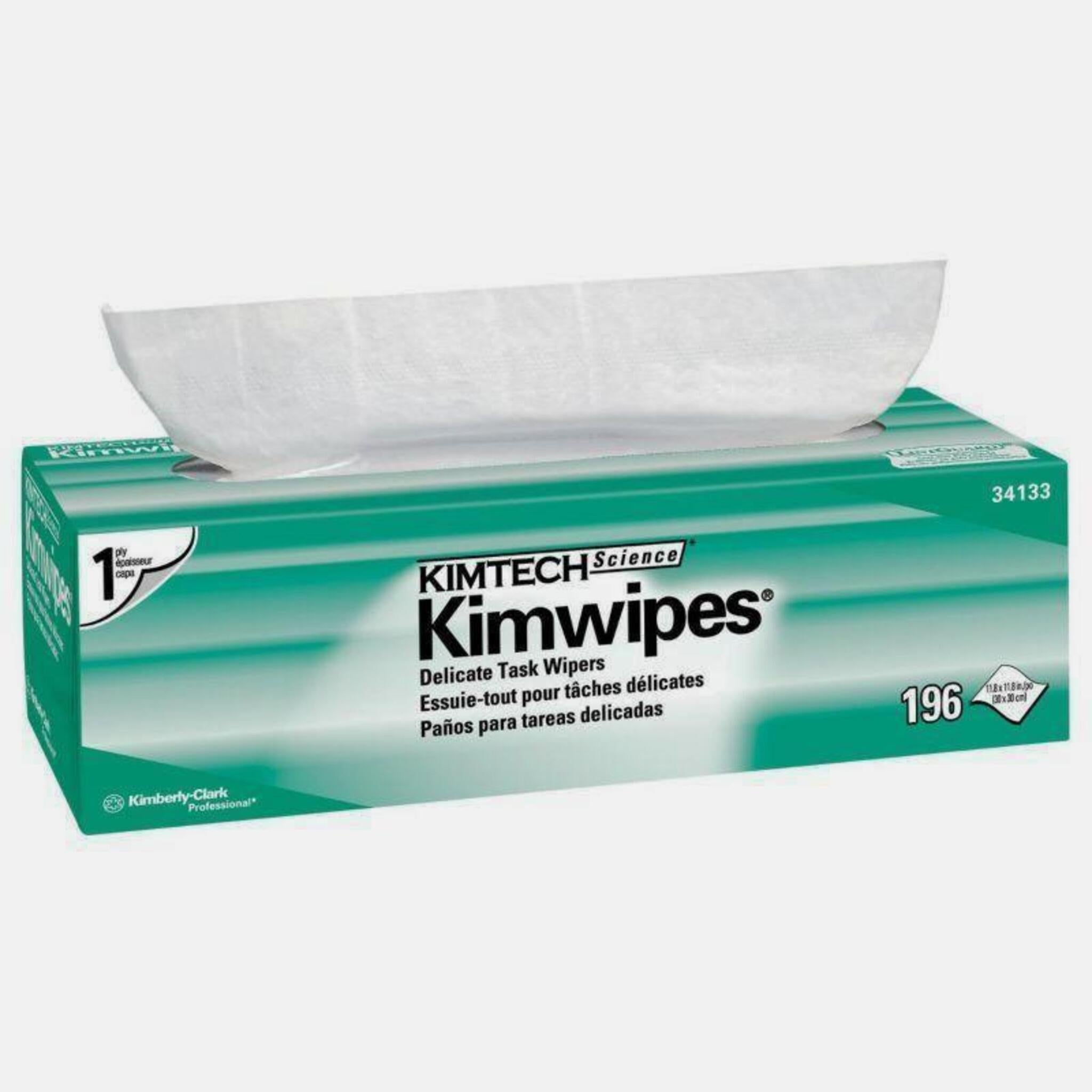
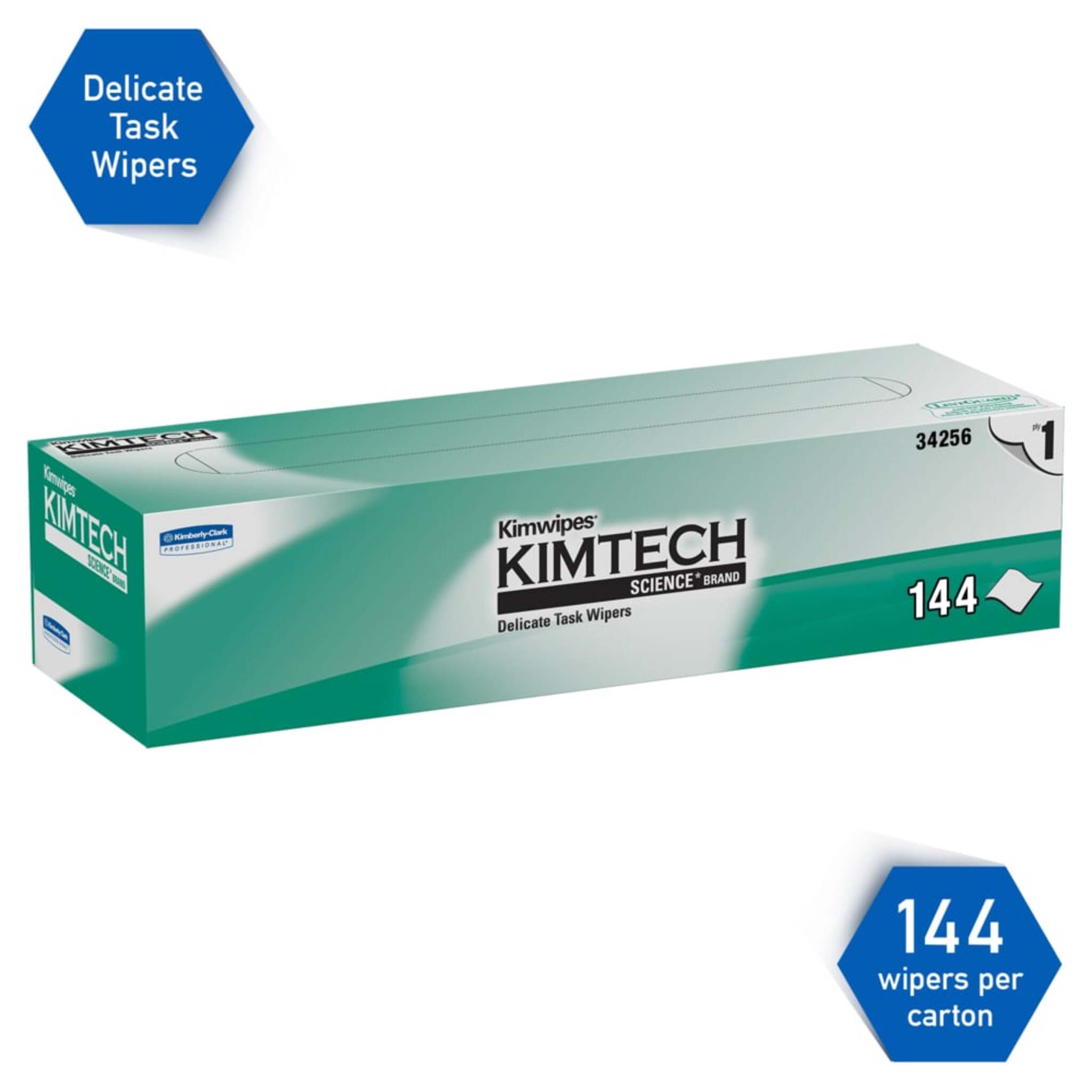
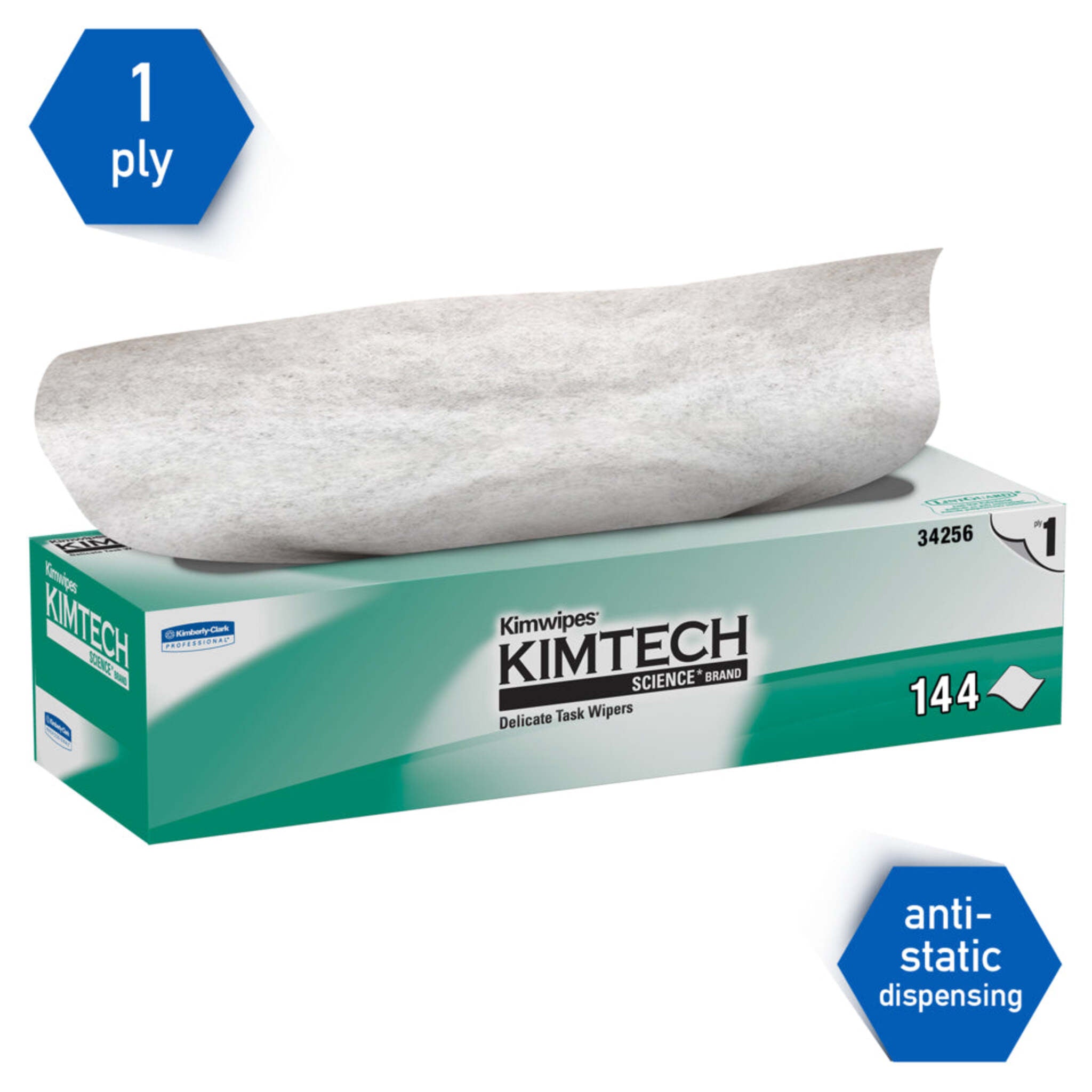
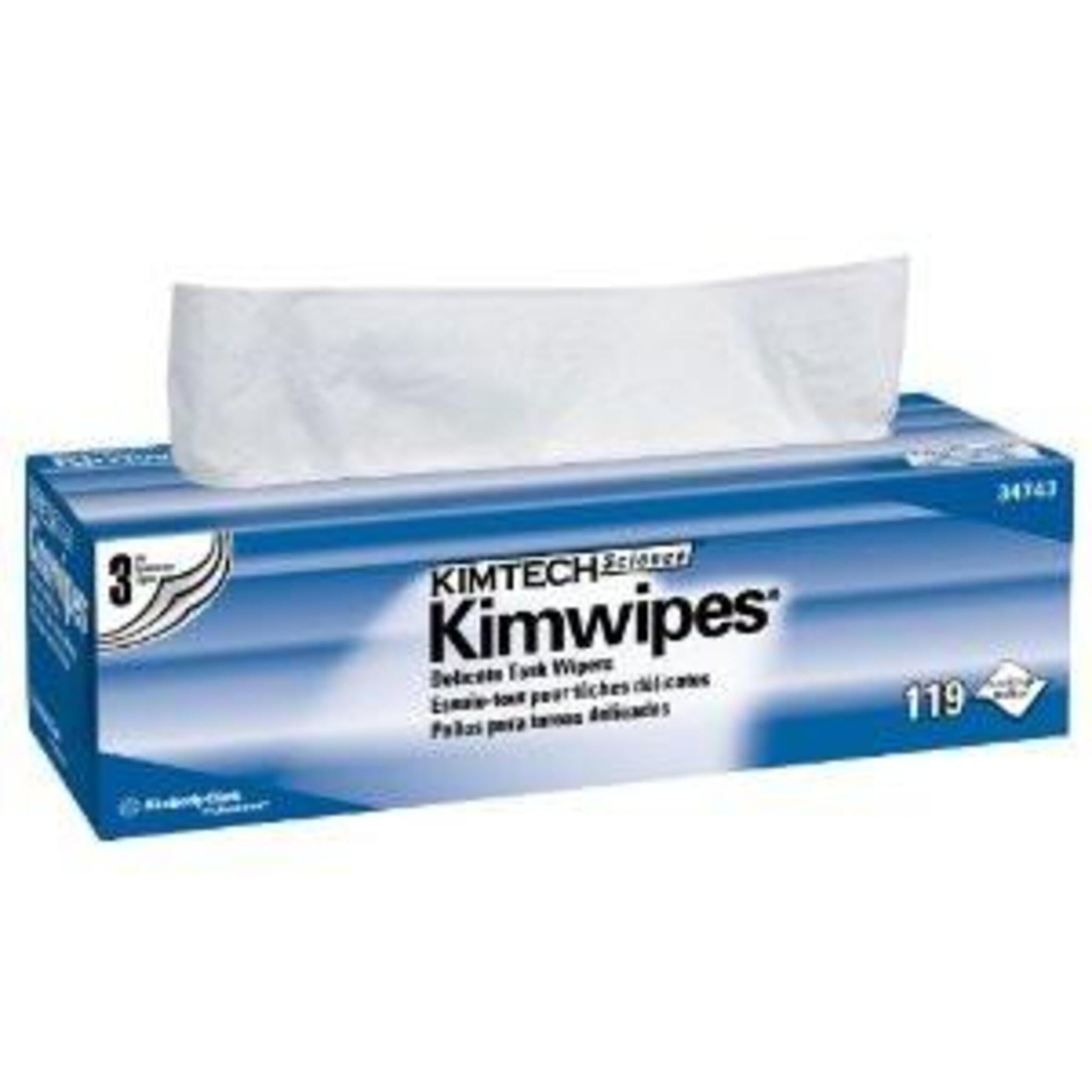
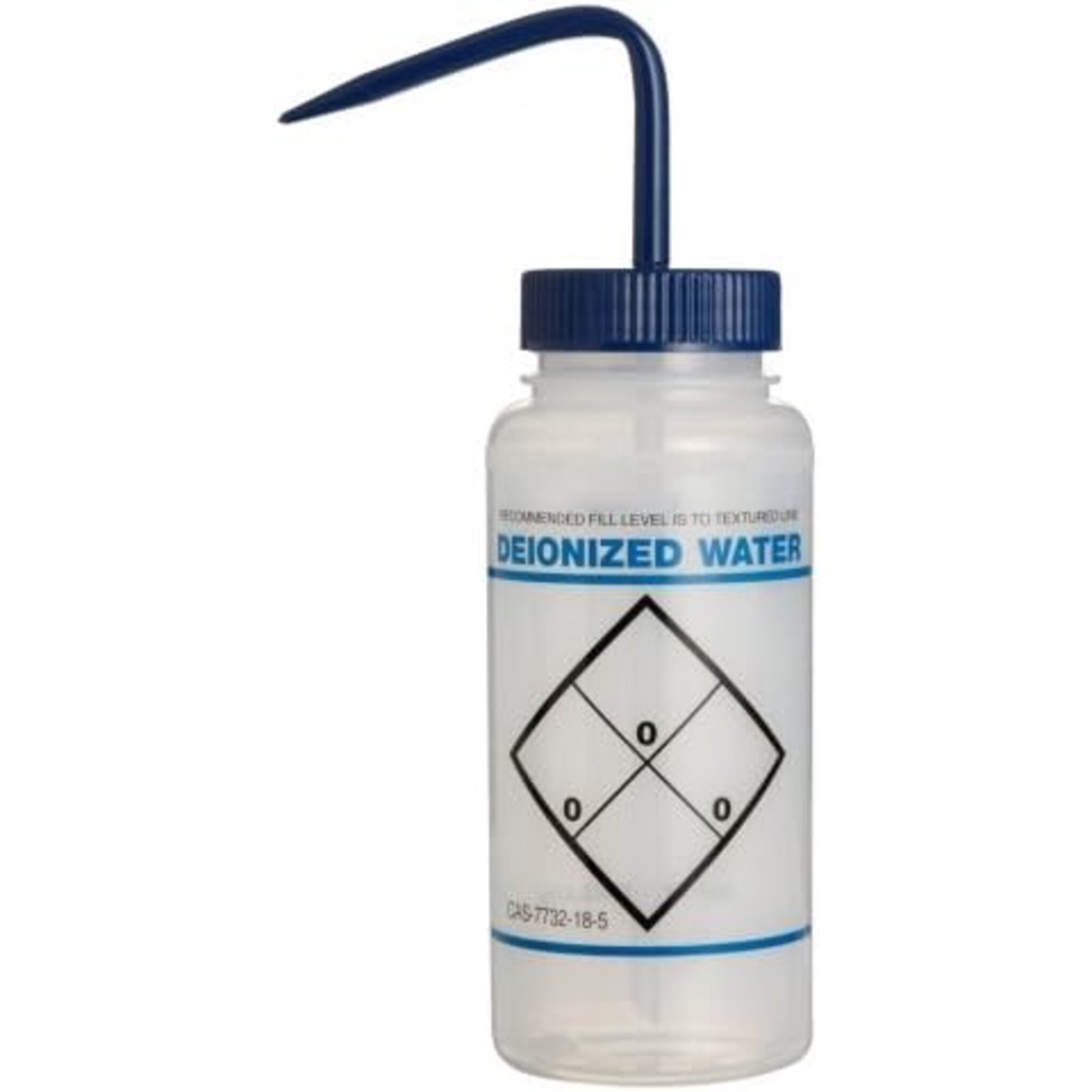



Laboratory Supplies: Essentials for Scientific and Environmental Testing
Laboratory supplies comprise a wide range of tools and consumables essential for conducting precise experiments, ensuring accurate data collection, and maintaining sample integrity. In the context of environmental and water quality testing, key supply categories include glassware and plasticware, laboratory cleaning products, and water sample collection equipment. These components work together to enable researchers and technicians to perform reliable and reproducible work in both field and laboratory settings.
Glassware and Plasticware
Glassware and plasticware are essential in scientific labs, each suited to specific tasks. Glassware, especially borosilicate types, is valued for its chemical resistance, heat tolerance, and transparency—ideal for high-temperature reactions and visual monitoring. In contrast, plasticware offers advantages like being lightweight, shatterproof, and cost-effective. Polymers such as polypropylene and fluoropolymers like Teflon® are preferred for sensitive analyses, such as trace metal testing, due to their low reactivity and contamination risk.
Laboratory Cleaning Products
Laboratory cleaning products are specialized detergents, solvents, and disinfectants formulated to maintain strict hygiene standards while protecting sensitive equipment and materials. For instance, acid washing is used to clean glassware in trace metal analysis to eliminate residue that could affect test accuracy, while gentler solutions are used on plasticware to avoid surface damage and prevent chemical leaching.
Water Sample Collection
Water sample collection tools for environmental analysis require equipment that ensures sample representativeness and prevents contamination. Different sampling tools are selected based on variables such as water depth, flow rate, sampling location, and the target analytes.
Explore Laboratory Supplies at Our Canadian Warehouse
Kimtech Kimwipes 34743 Three-Ply Delicate Task Wipers
Kimtech Kimwipes 34743 Three-Ply Delicate Task Wipers are 12" x 12" low-lint, low-extractable wipers made from 100% virgin wood fibre, ideal for cleaning glass, lenses, optics, instruments, and delicate surfaces without scratching. Each box contains 119 wipers with one-at-a-time dispensing. These wipers absorb 18% more water and work 24% faster than other private label alternatives. Available by individual box or by case (30 boxes).
Safety-Labeled Deionized Water Wide-Mouth Wash Bottles
The Safety-Labeled Deionized Water Wide-Mouth Wash Bottles are made from translucent LDPE with a wide 53mm mouth for easy refilling and readability, and feature a polypropylene closure that complies with OSHA's Hazard Communication Standard (29 CFR 1910.1200). Ideal for lab use, it ensures residue-free glassware cleaning, supports accurate turbidimeter function checks, and aids in preparing stable pH buffer solutions.
Lovibond Deionized Water
Lovibond Deionized Water offers high-purity, laboratory-grade water designed for precision tasks such as glassware cleaning, turbidimeter verification, and pH buffer solution preparation. Processed using advanced purification methods, this ion-free water ensures residue-free results and accurate measurements. Ideal for combining with pH tablets, powders, or concentrated buffers, it also helps preserve reagent freshness by preventing contamination and degradation. Conveniently packaged in a 4-litre jug, it delivers reliable performance across various lab applications, making it a valuable tool for maintaining scientific accuracy and consistency.




















